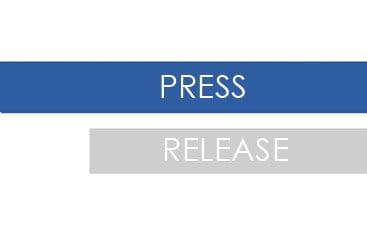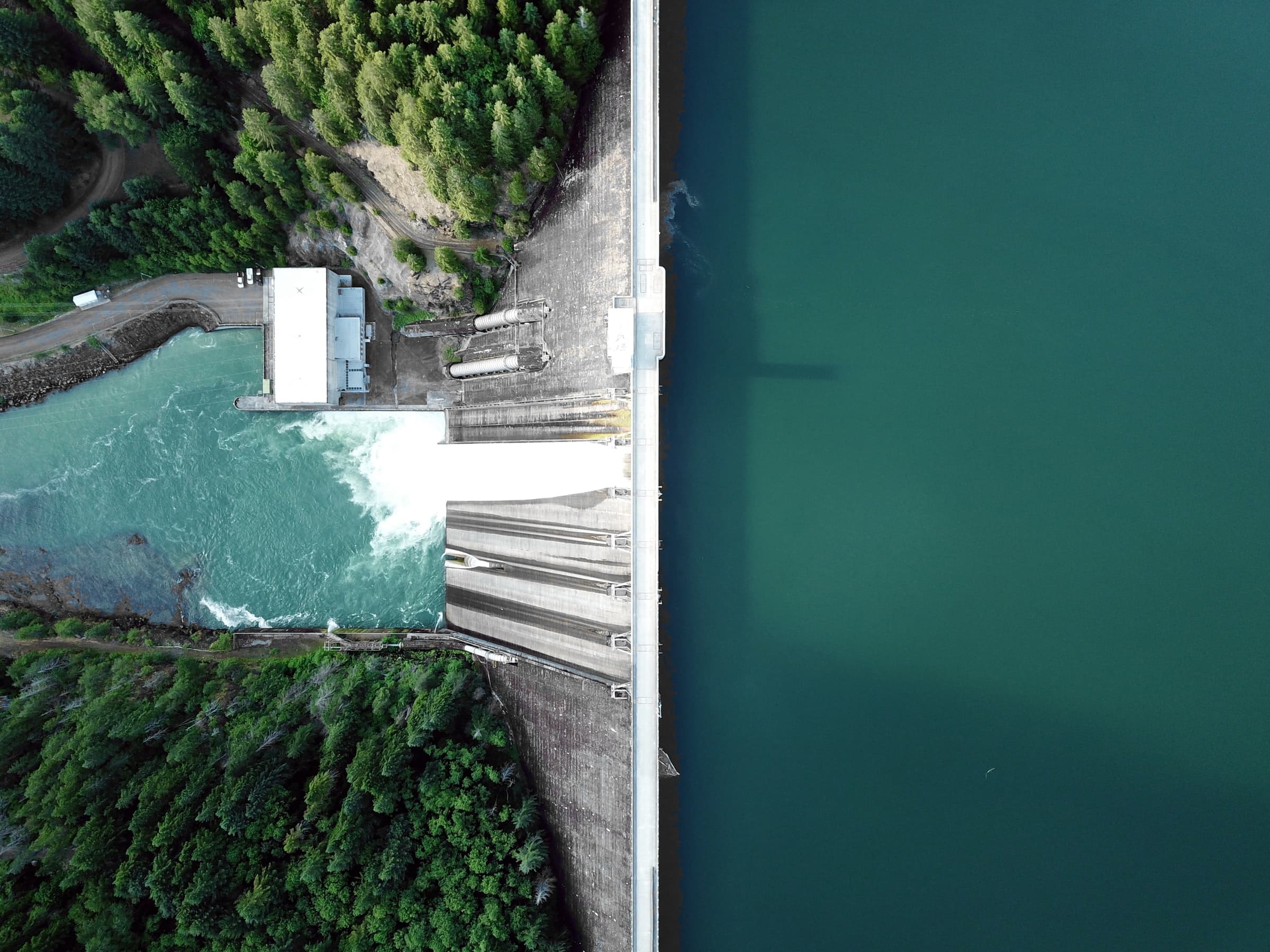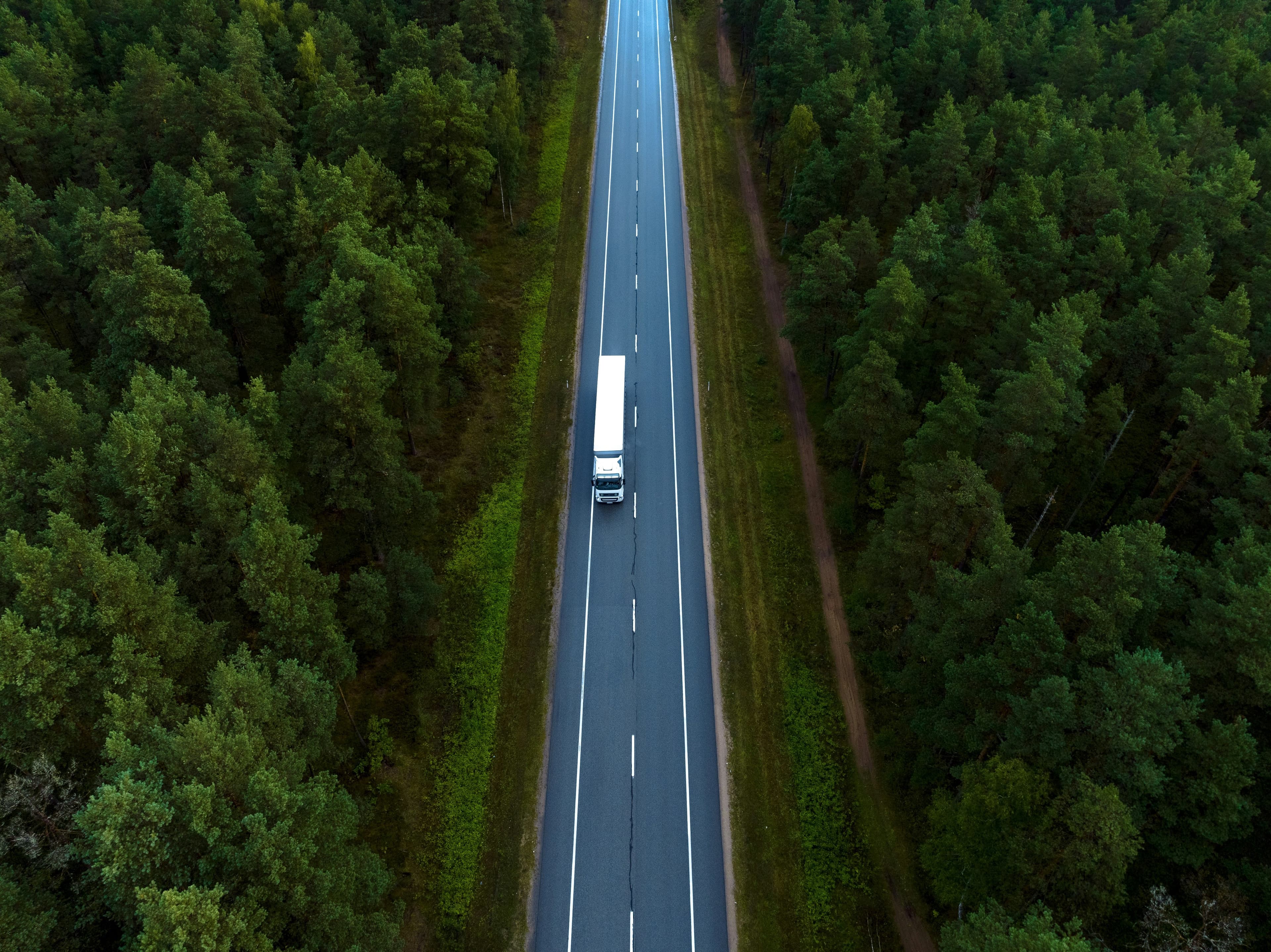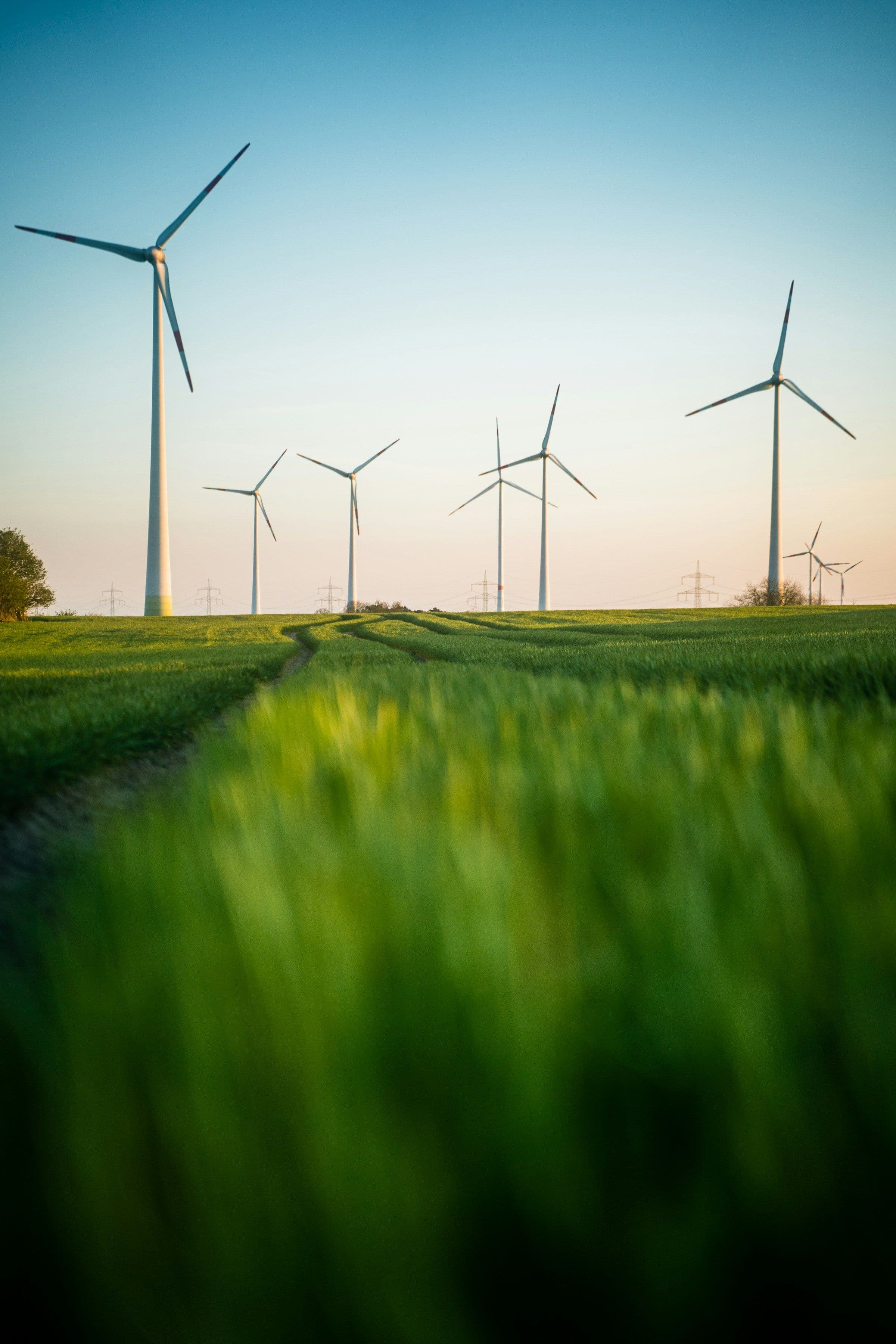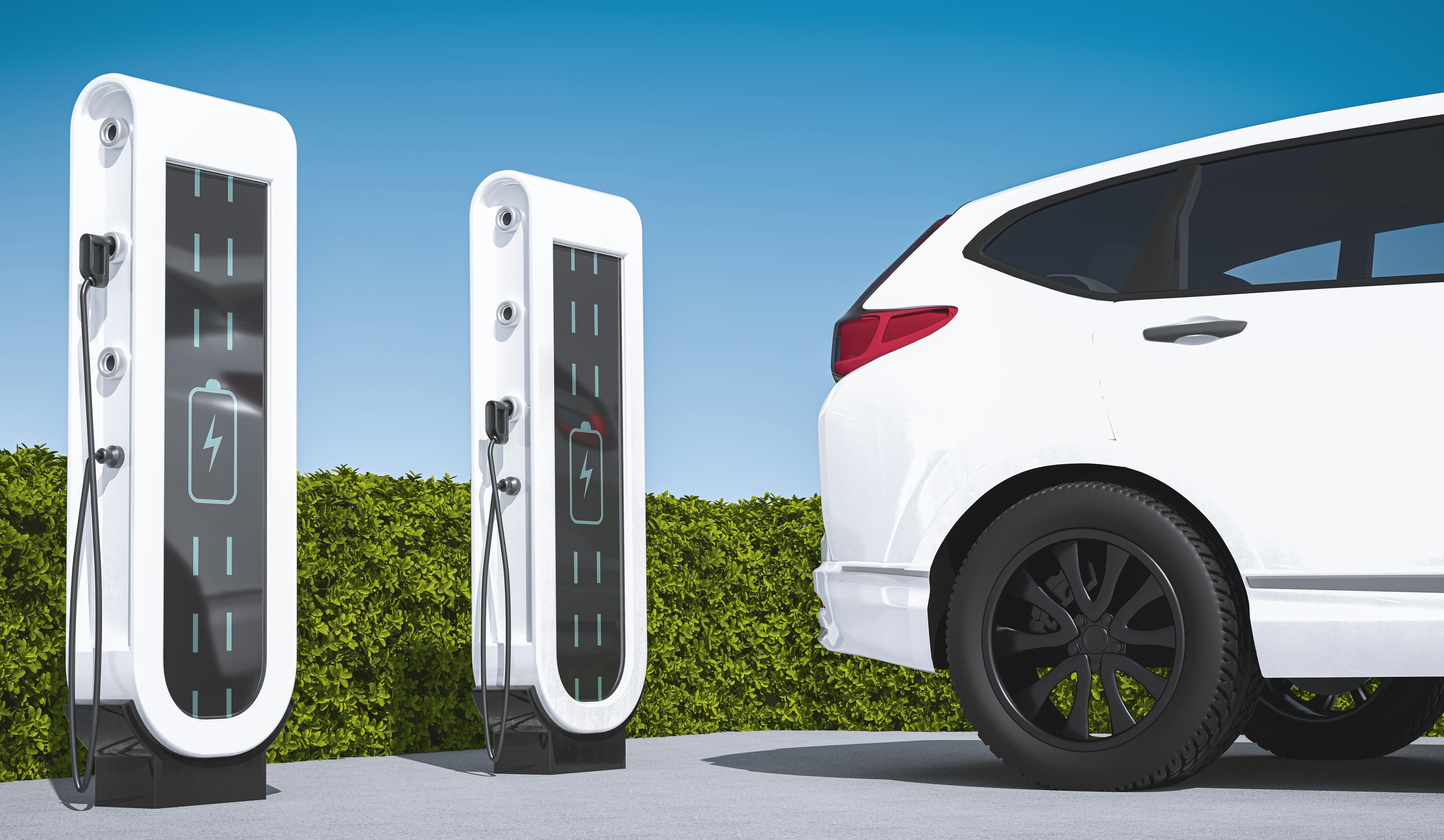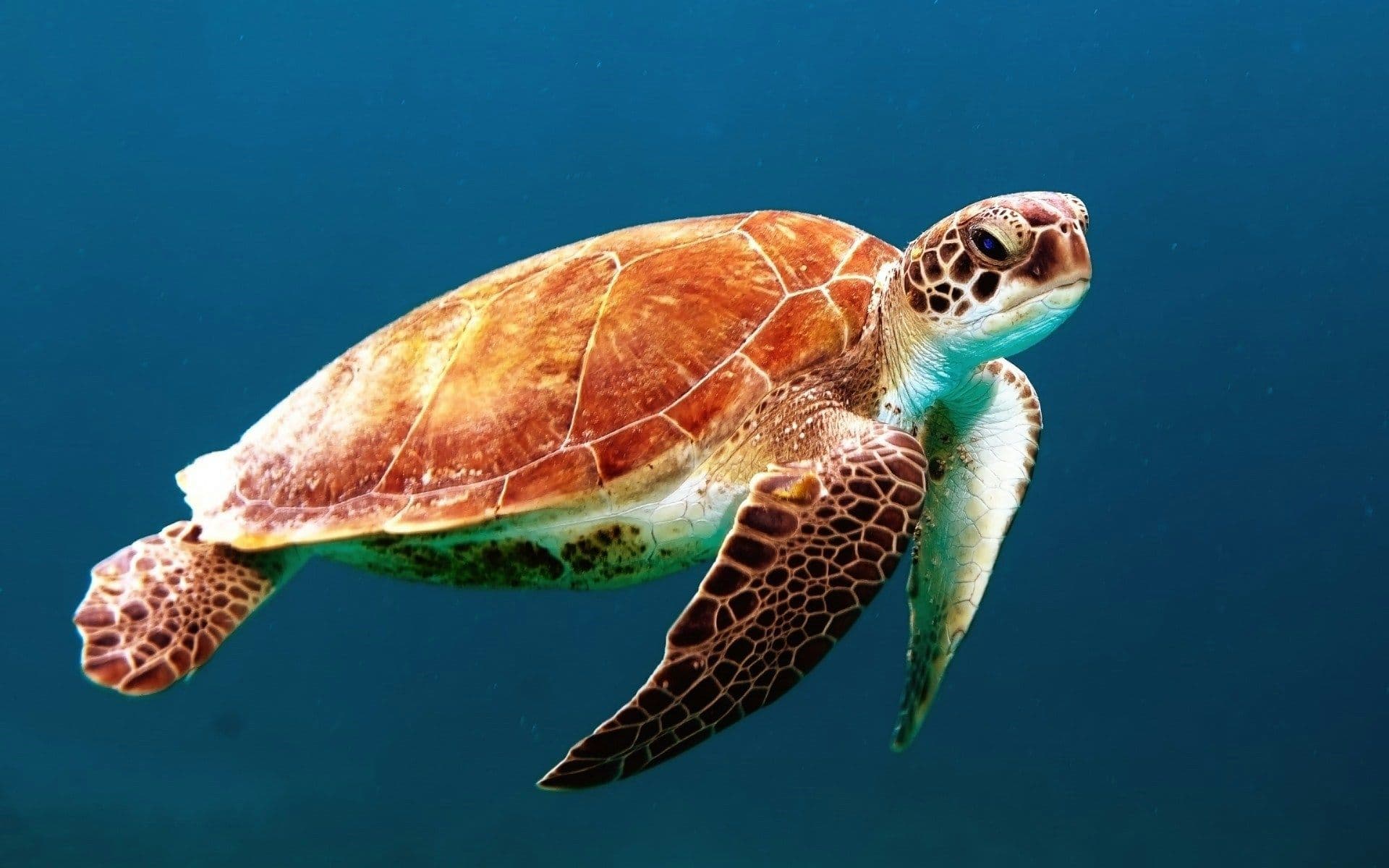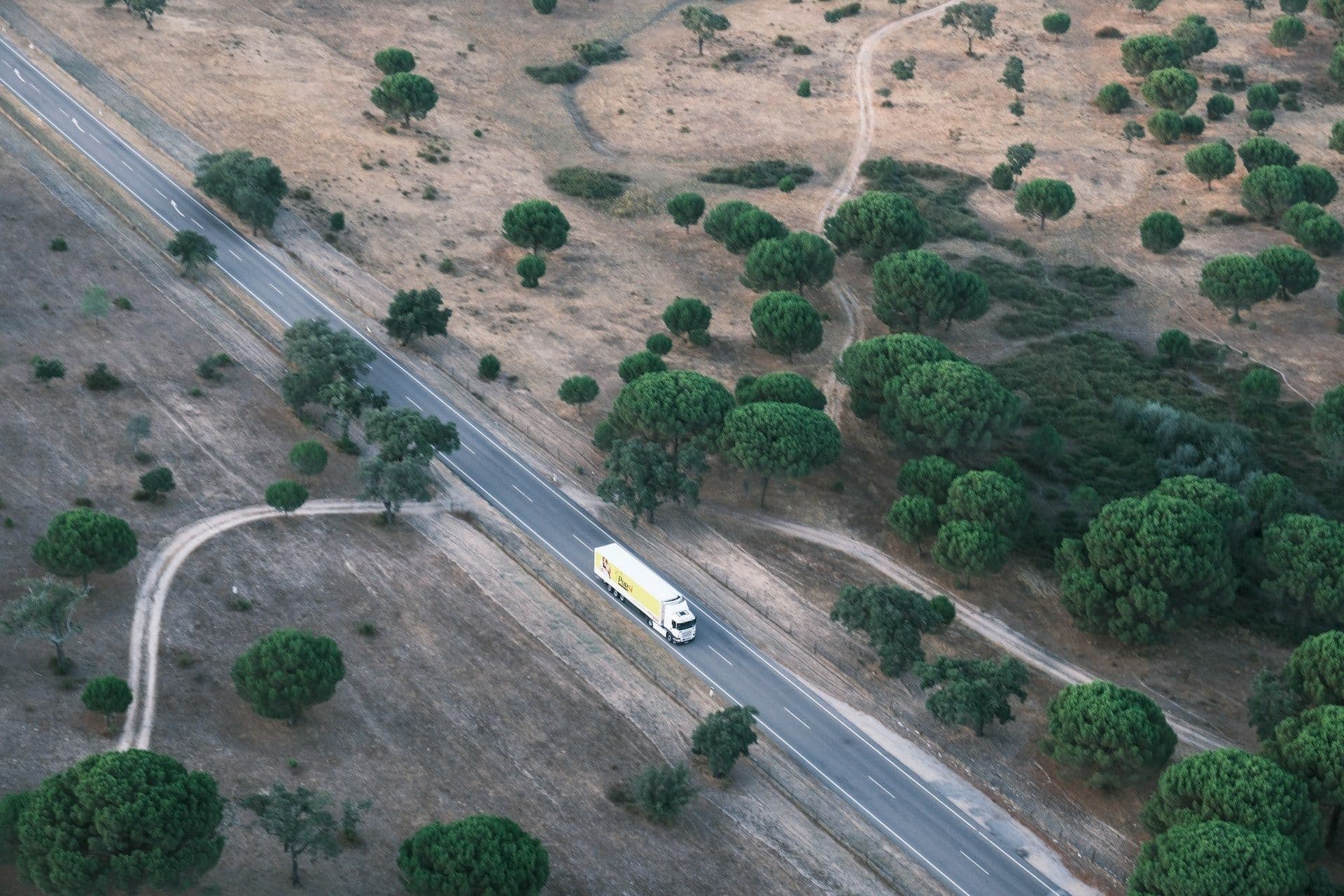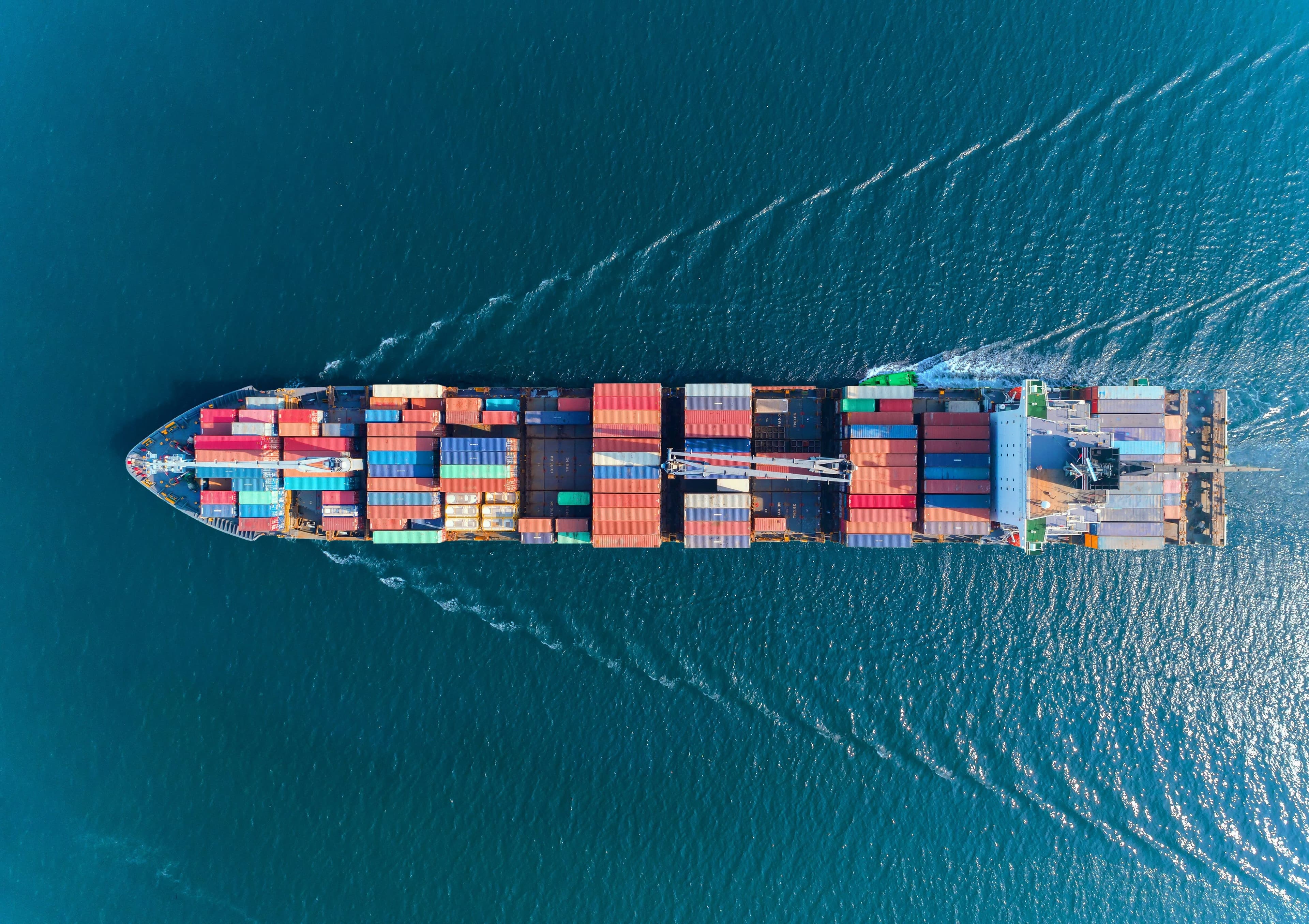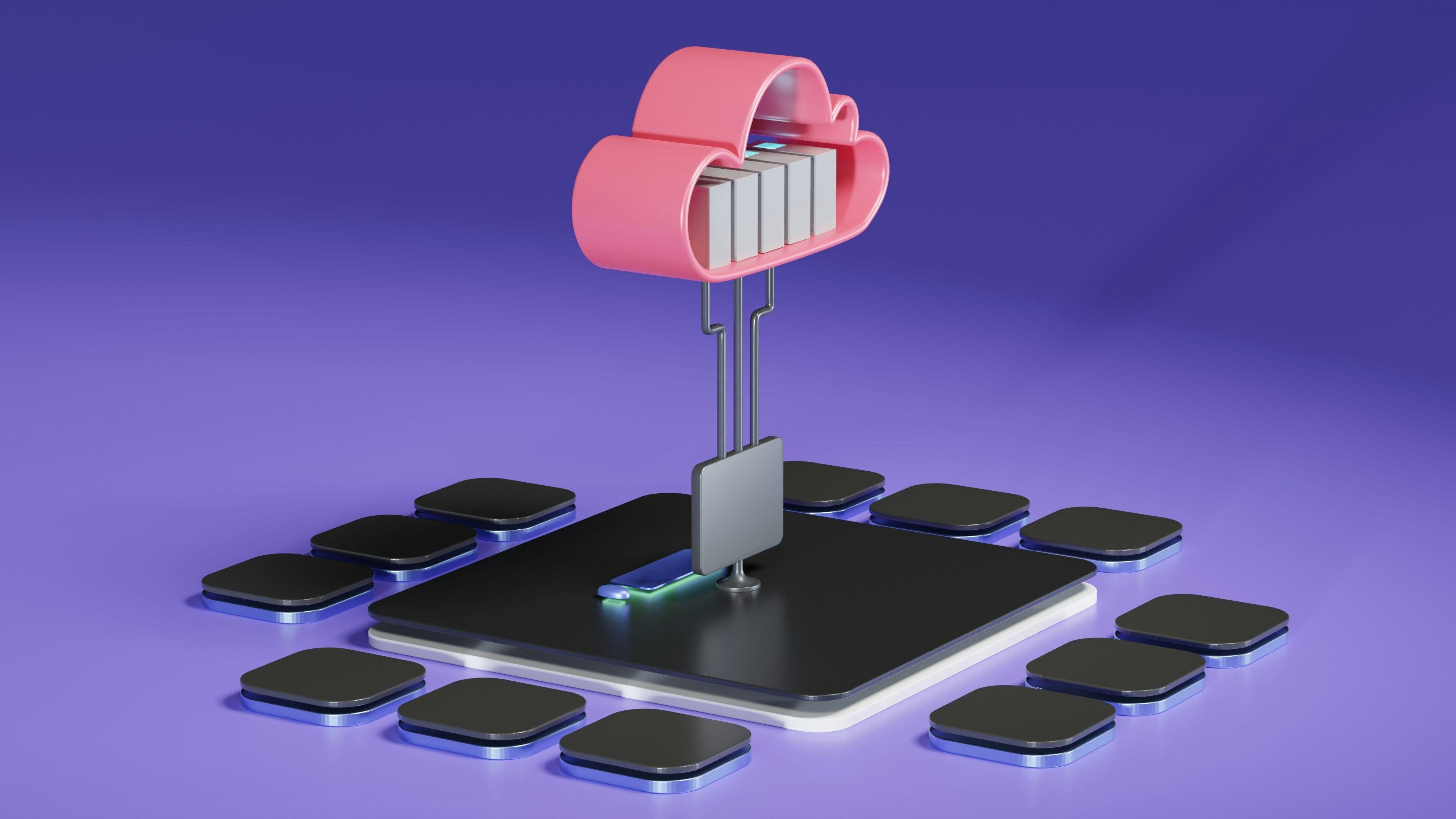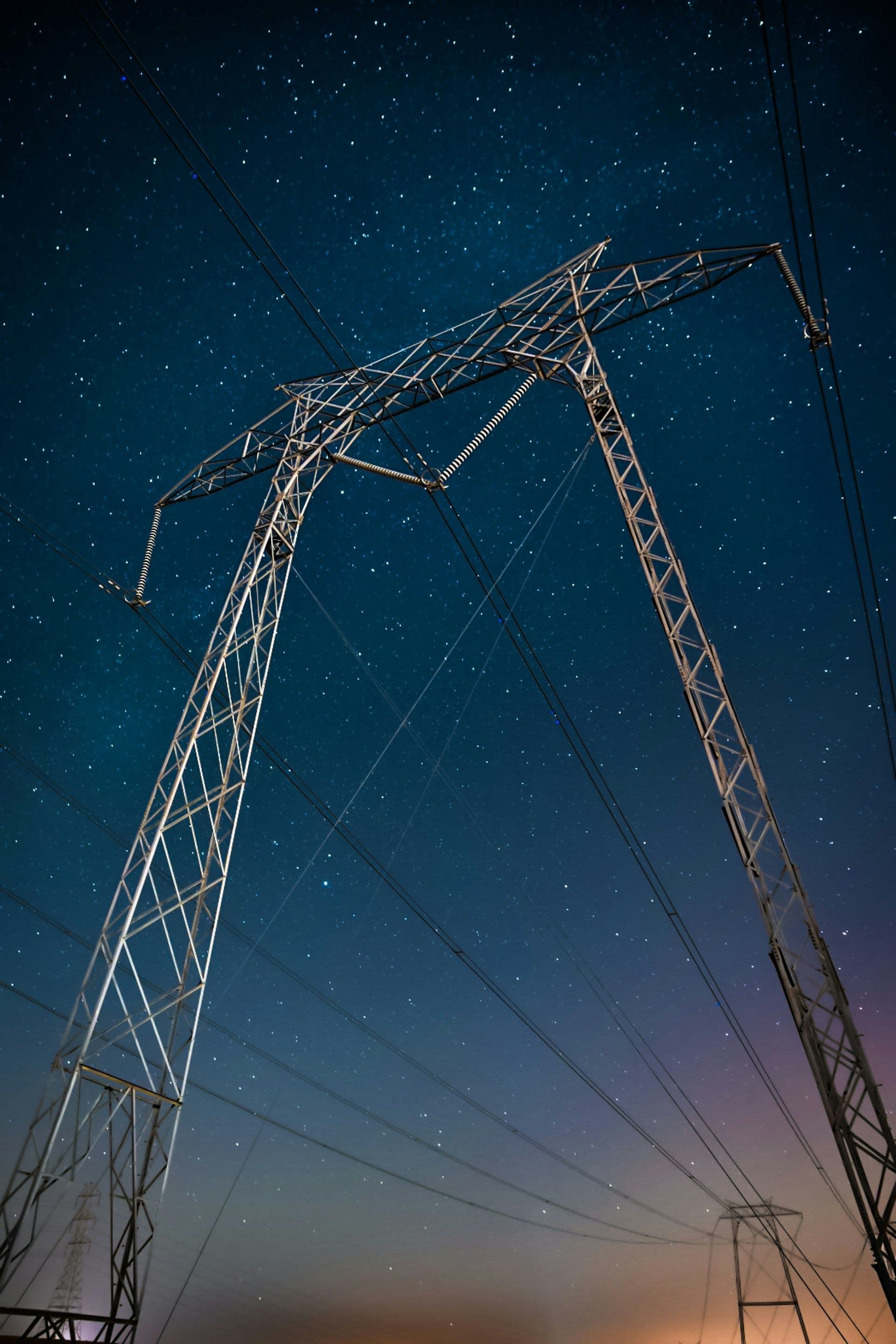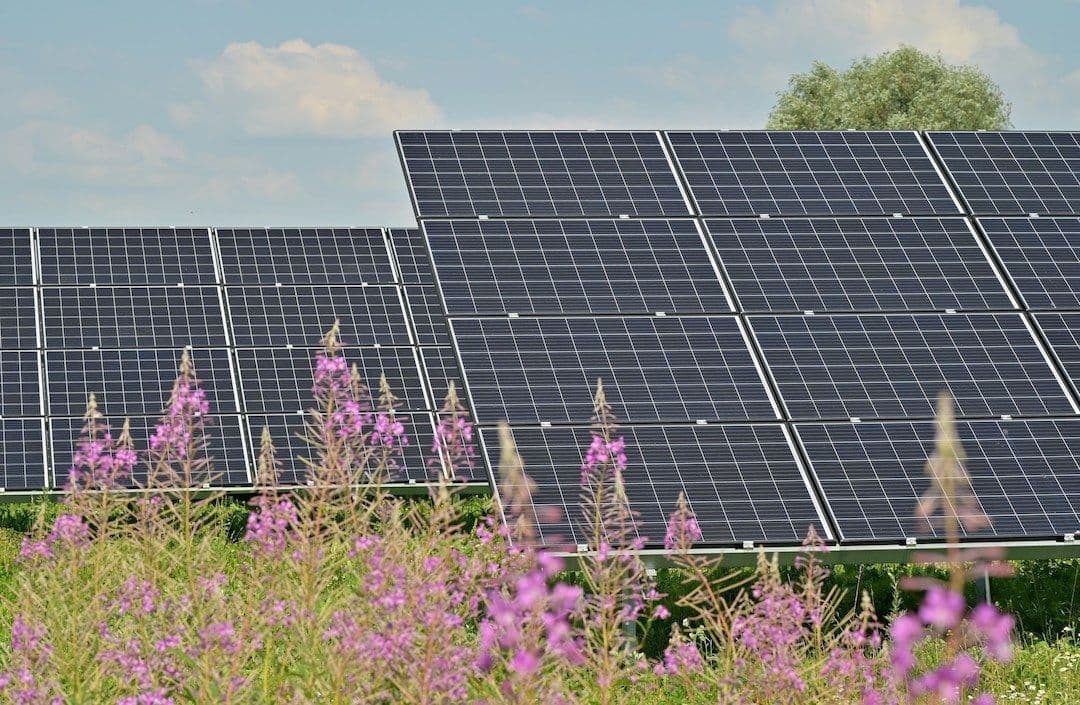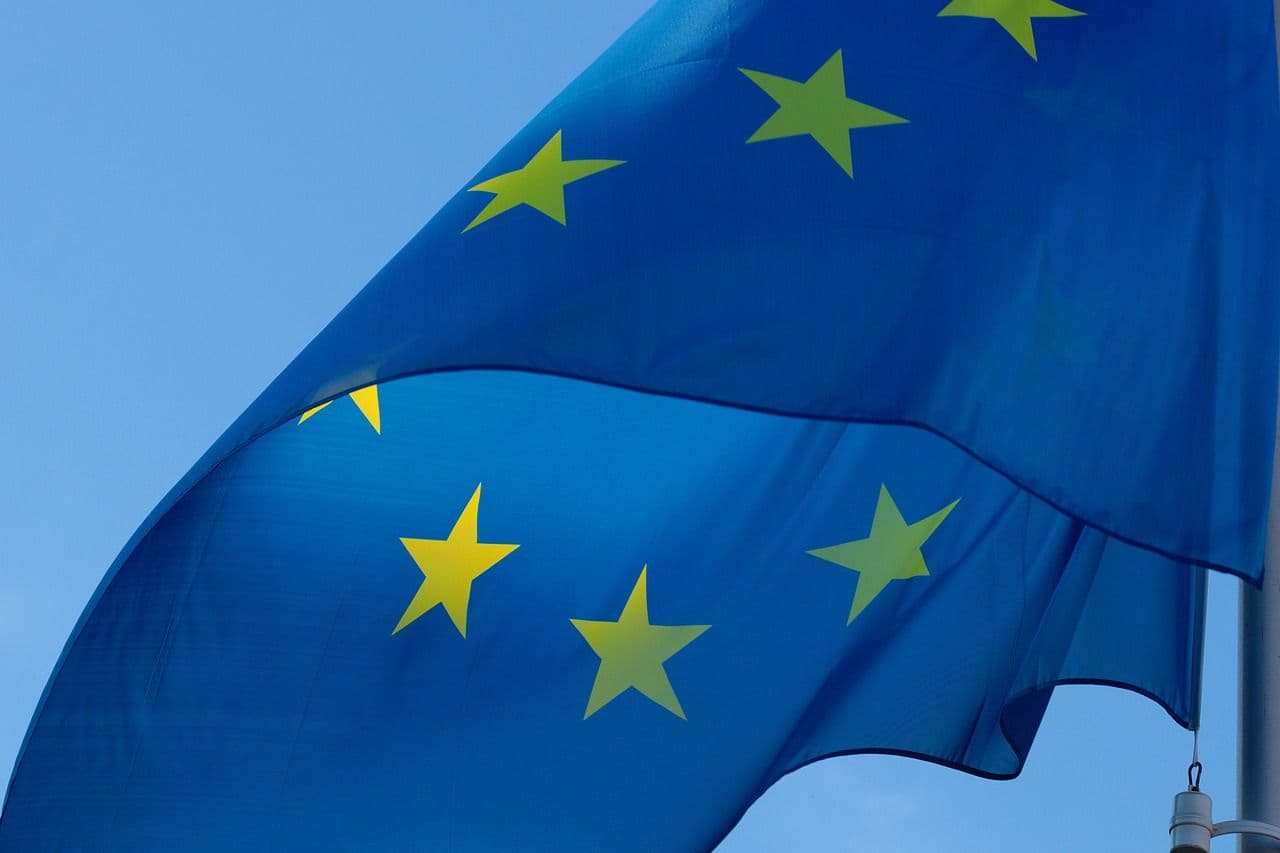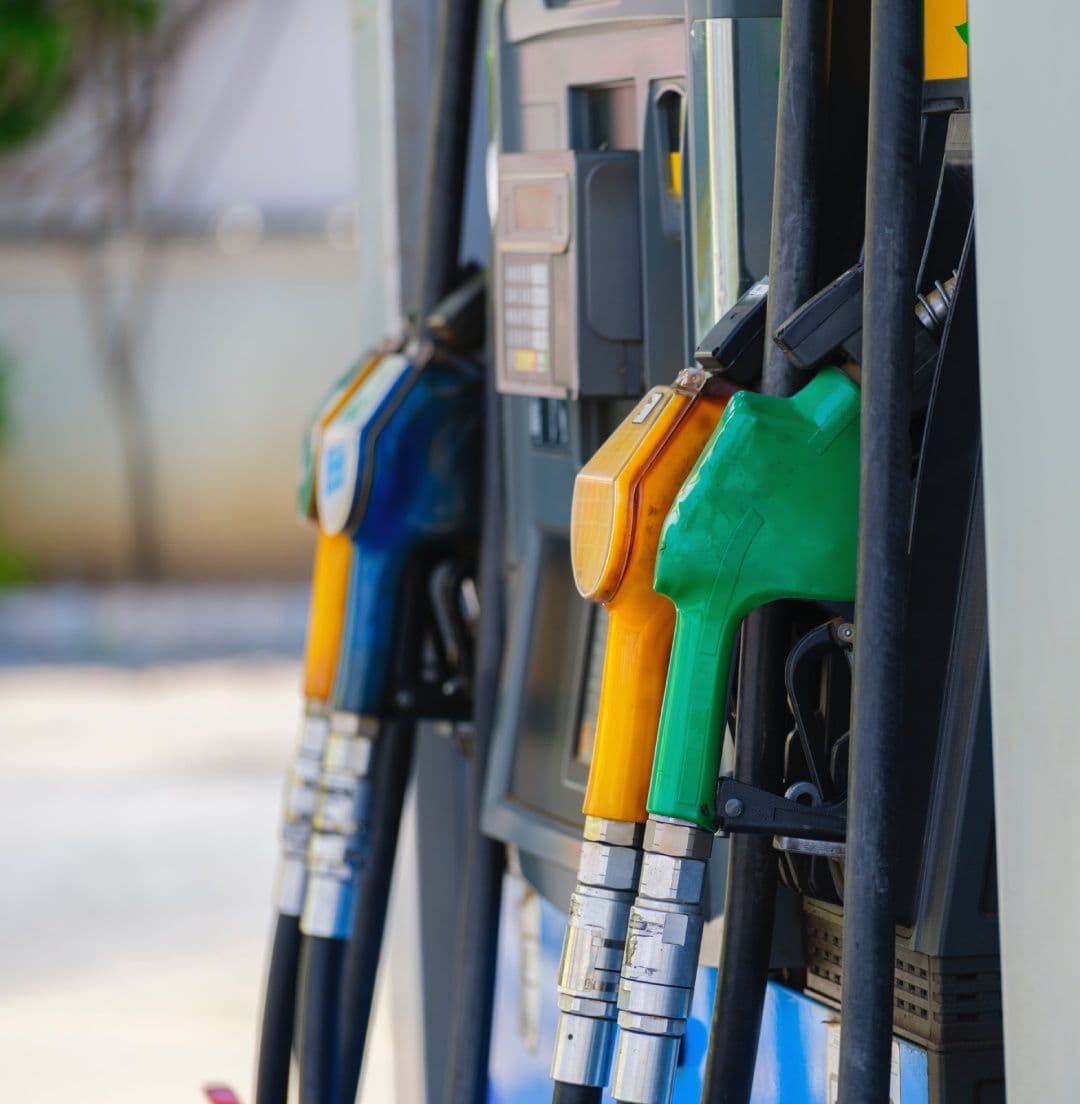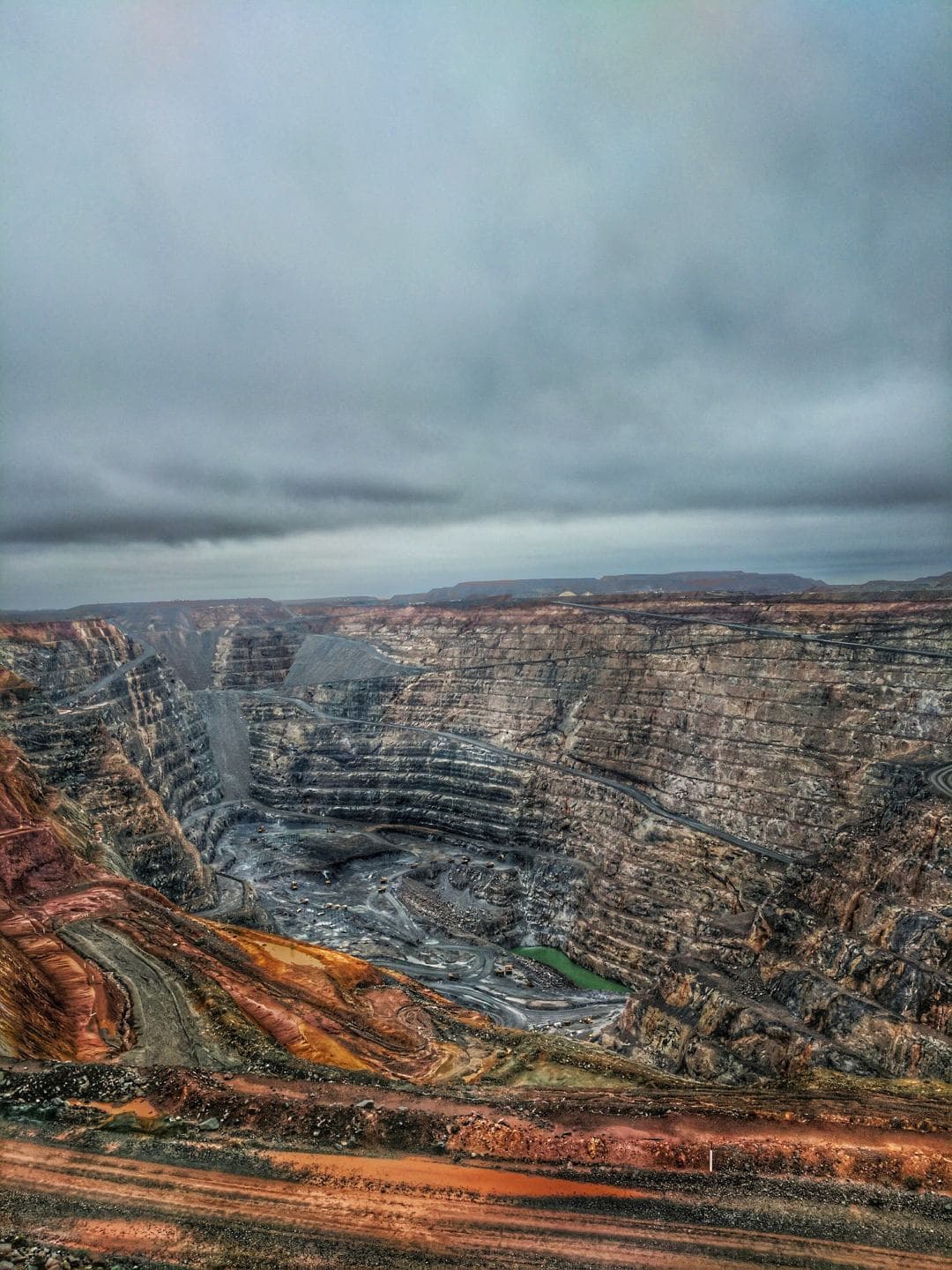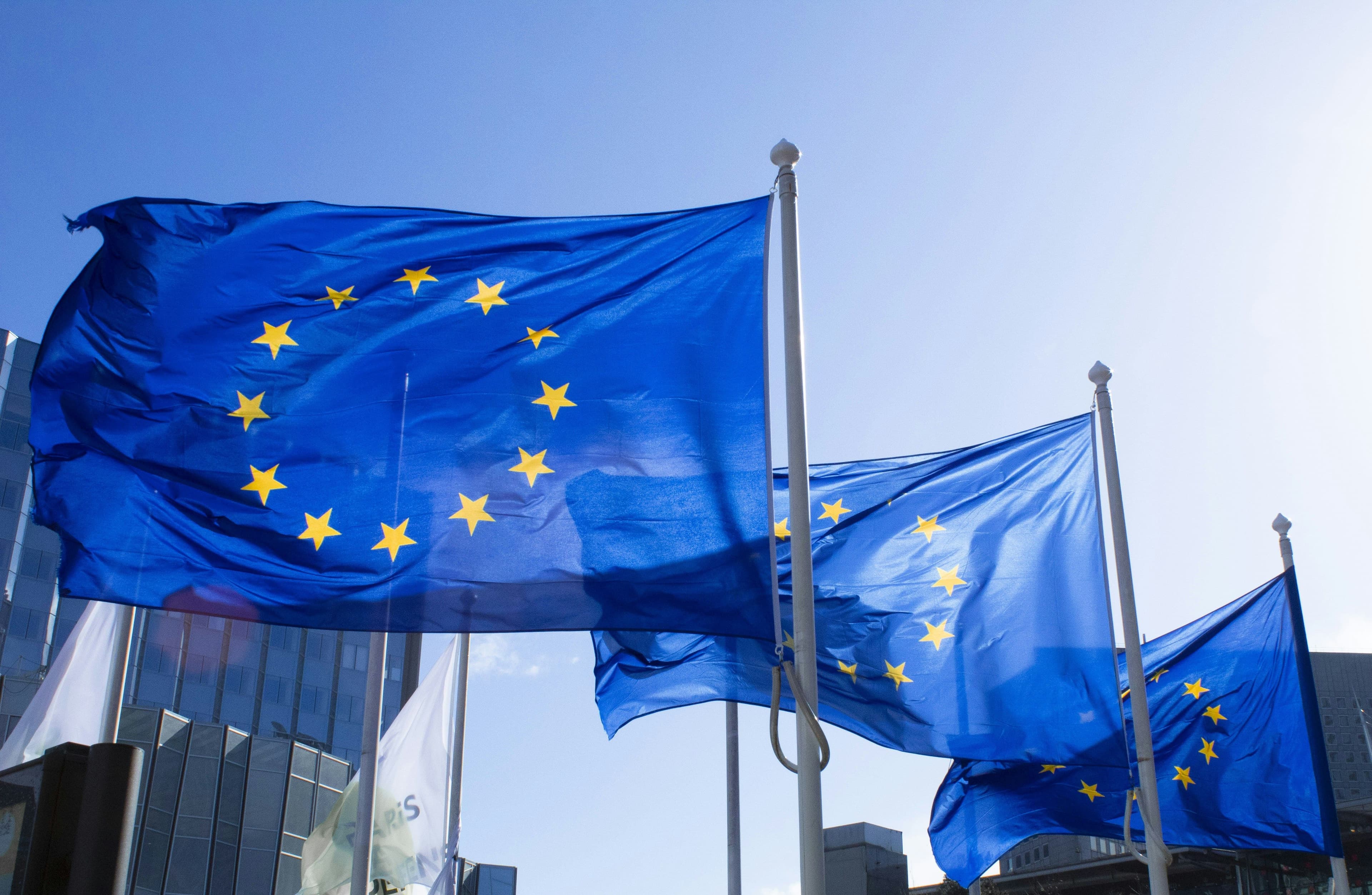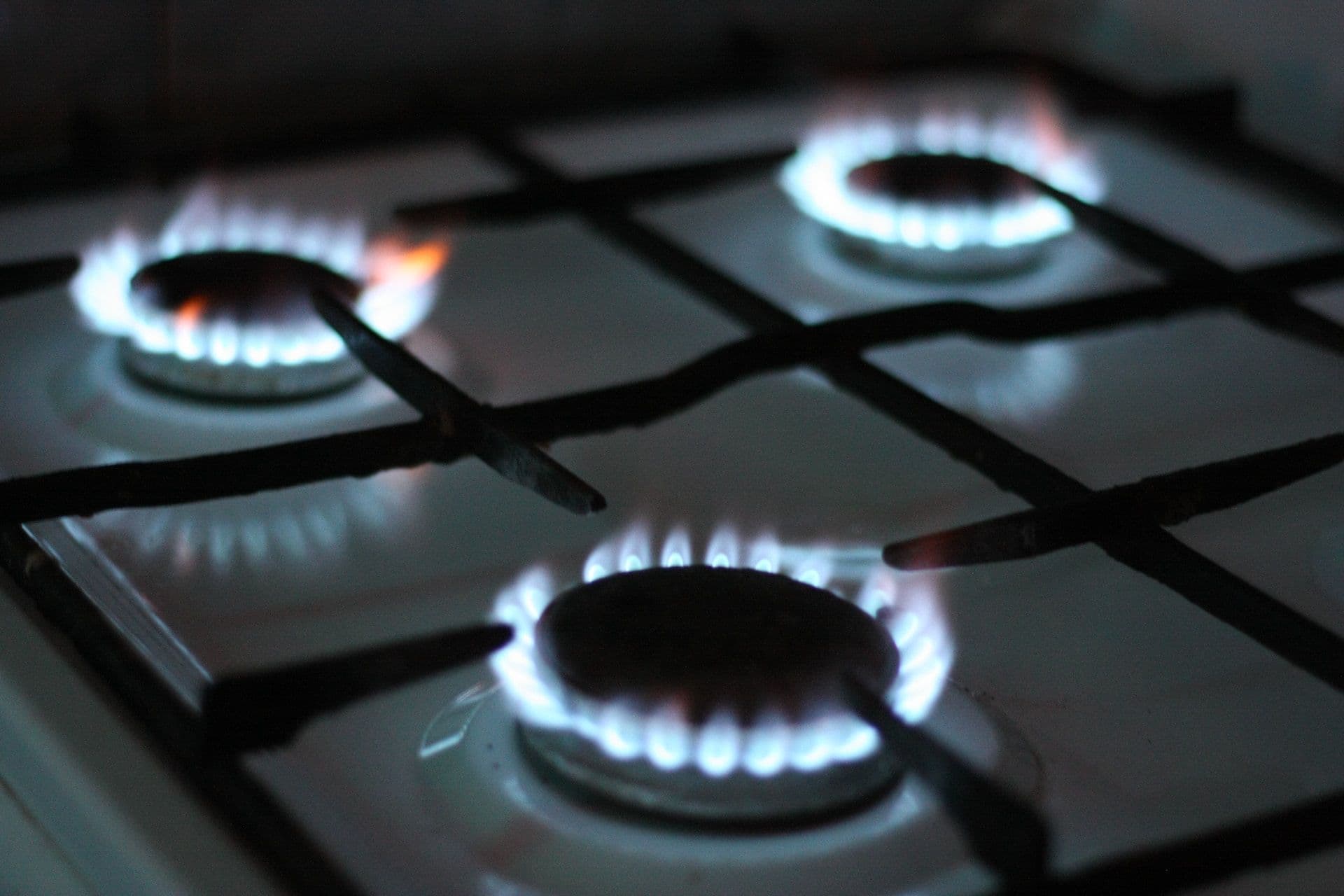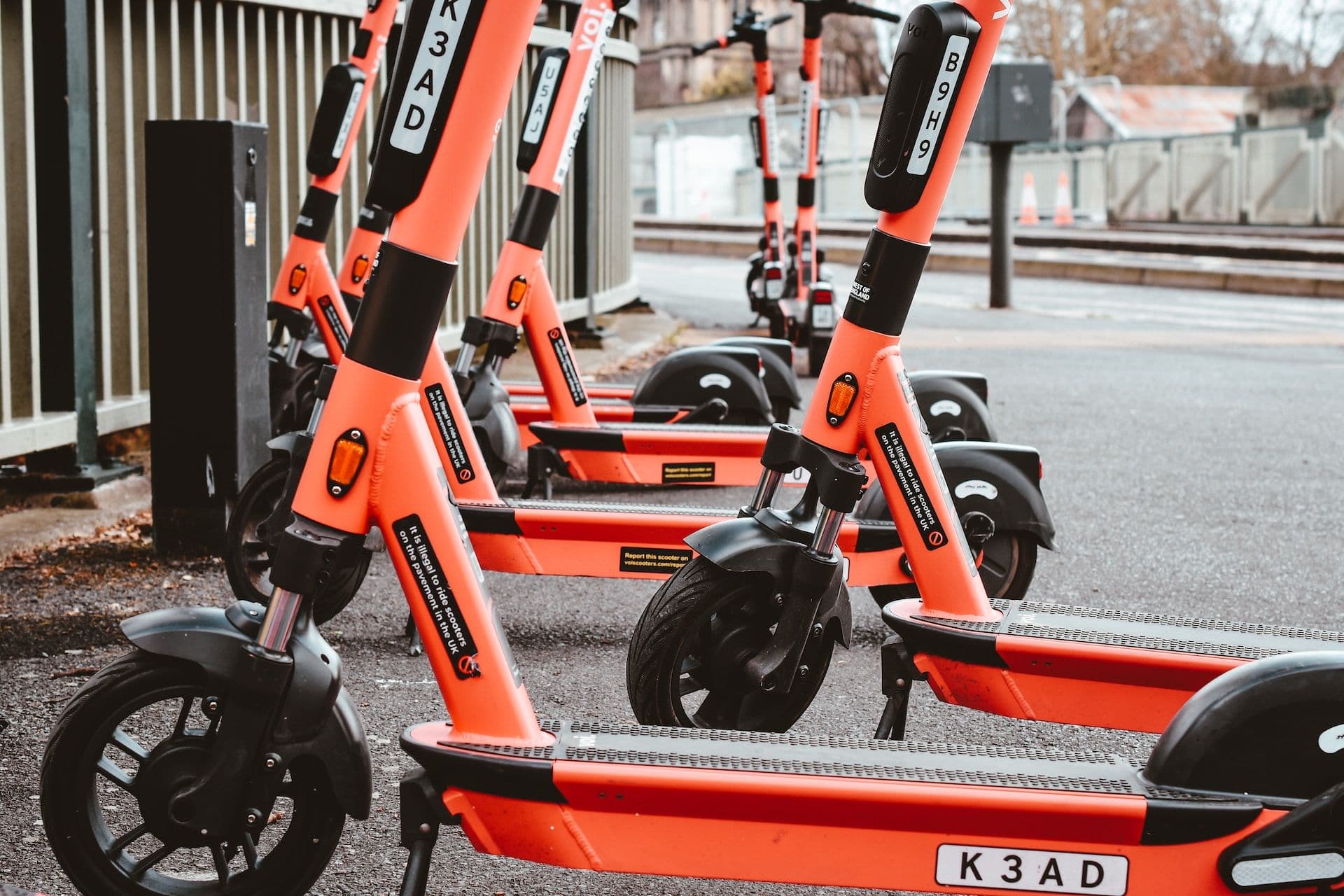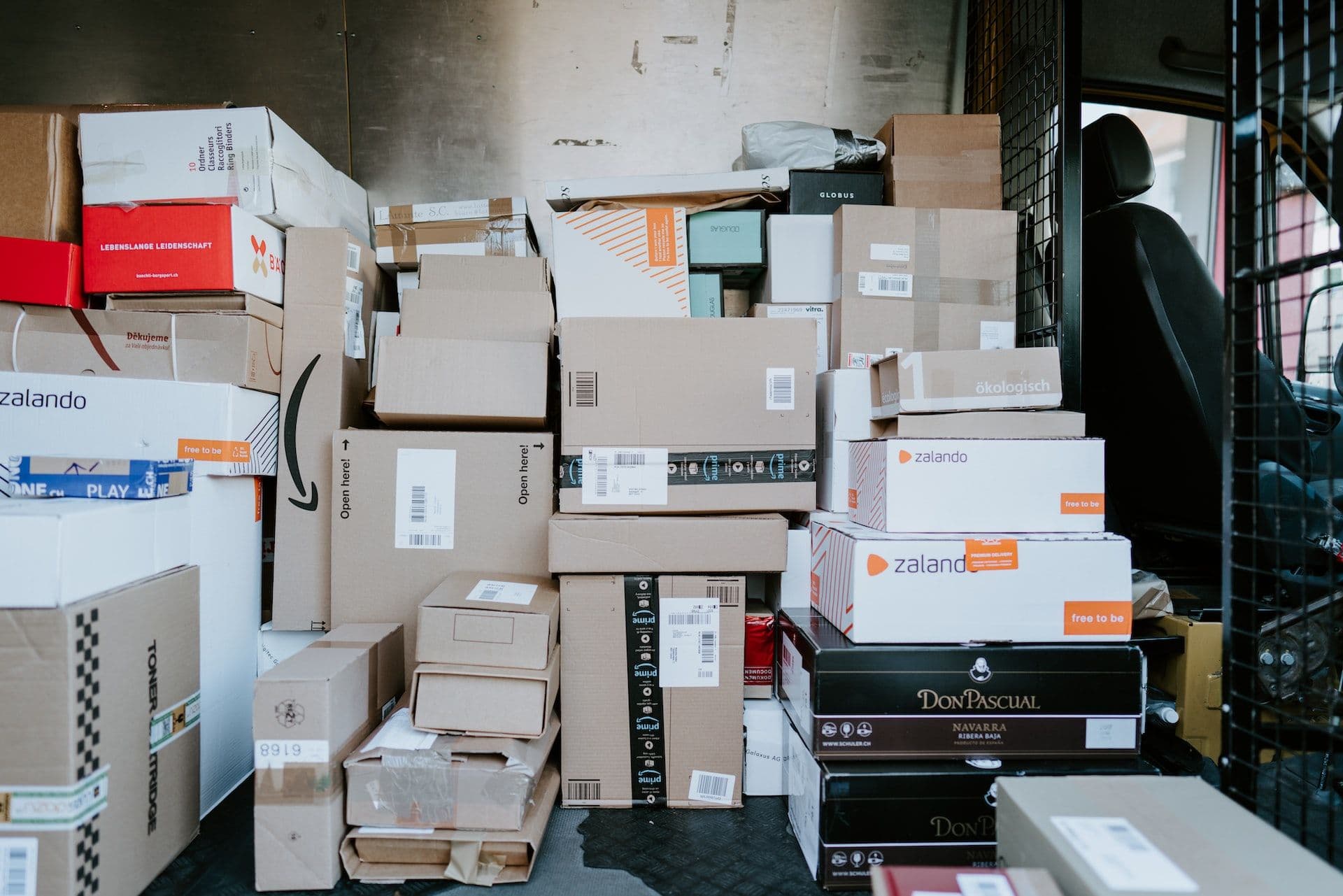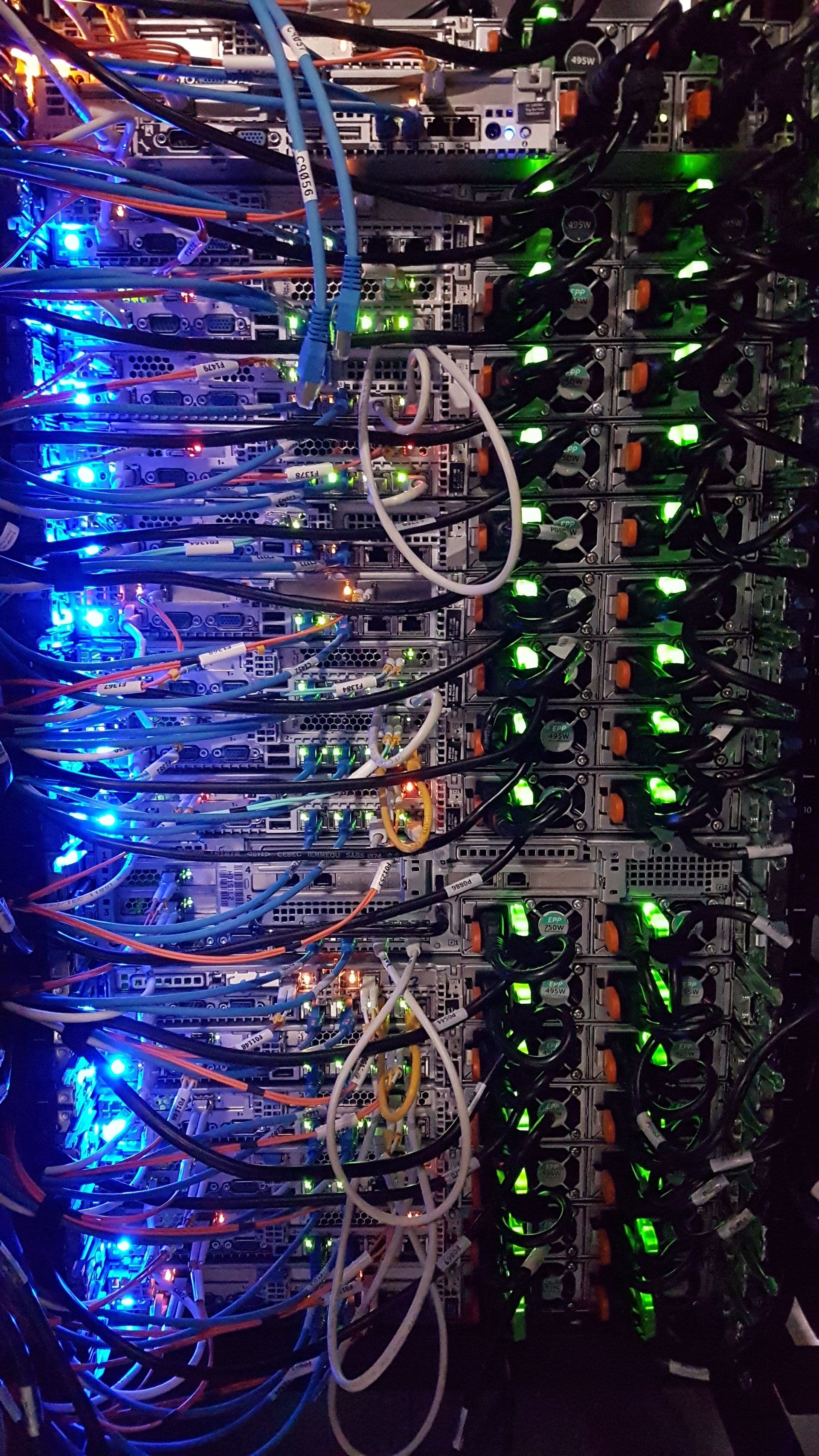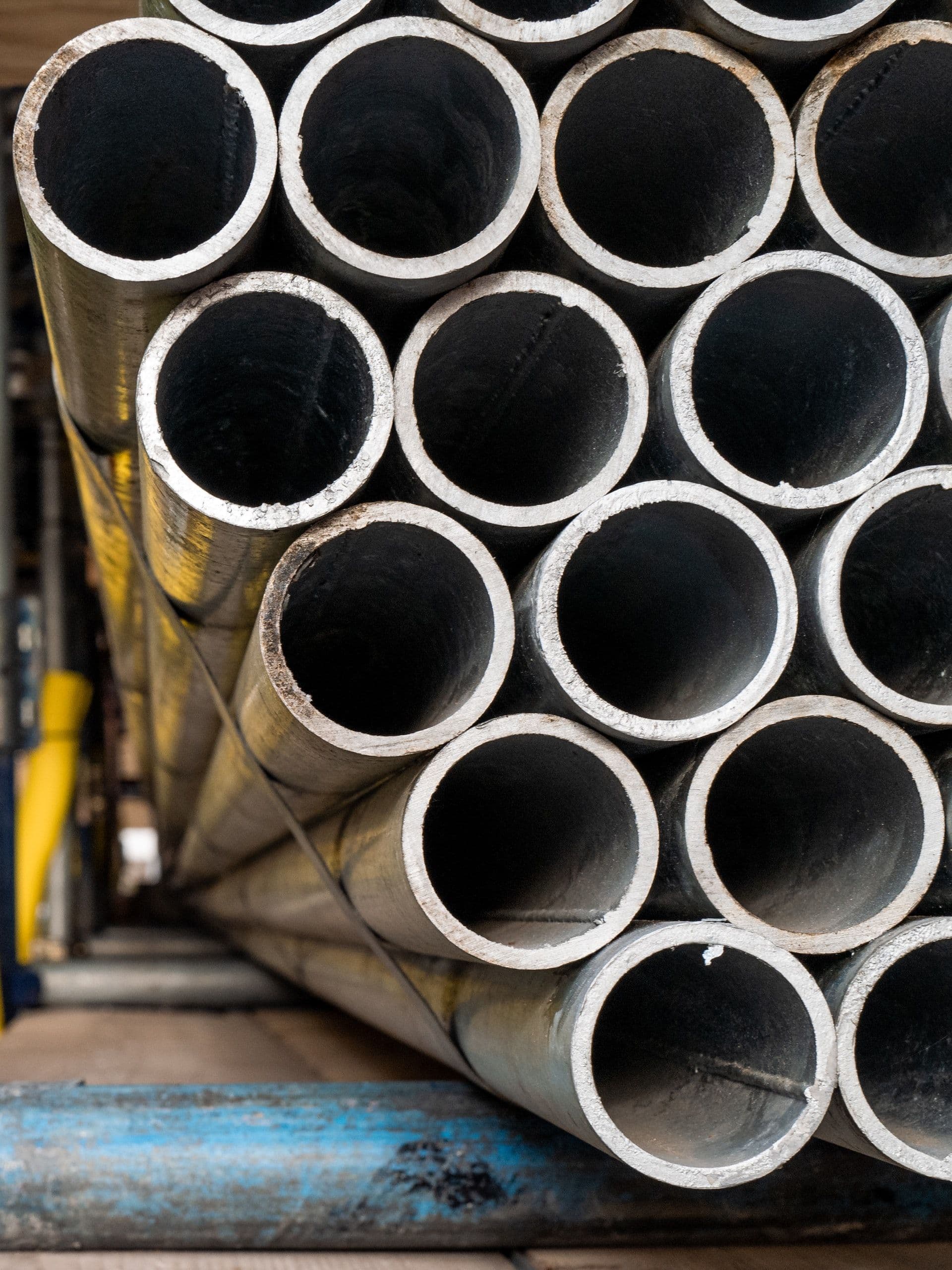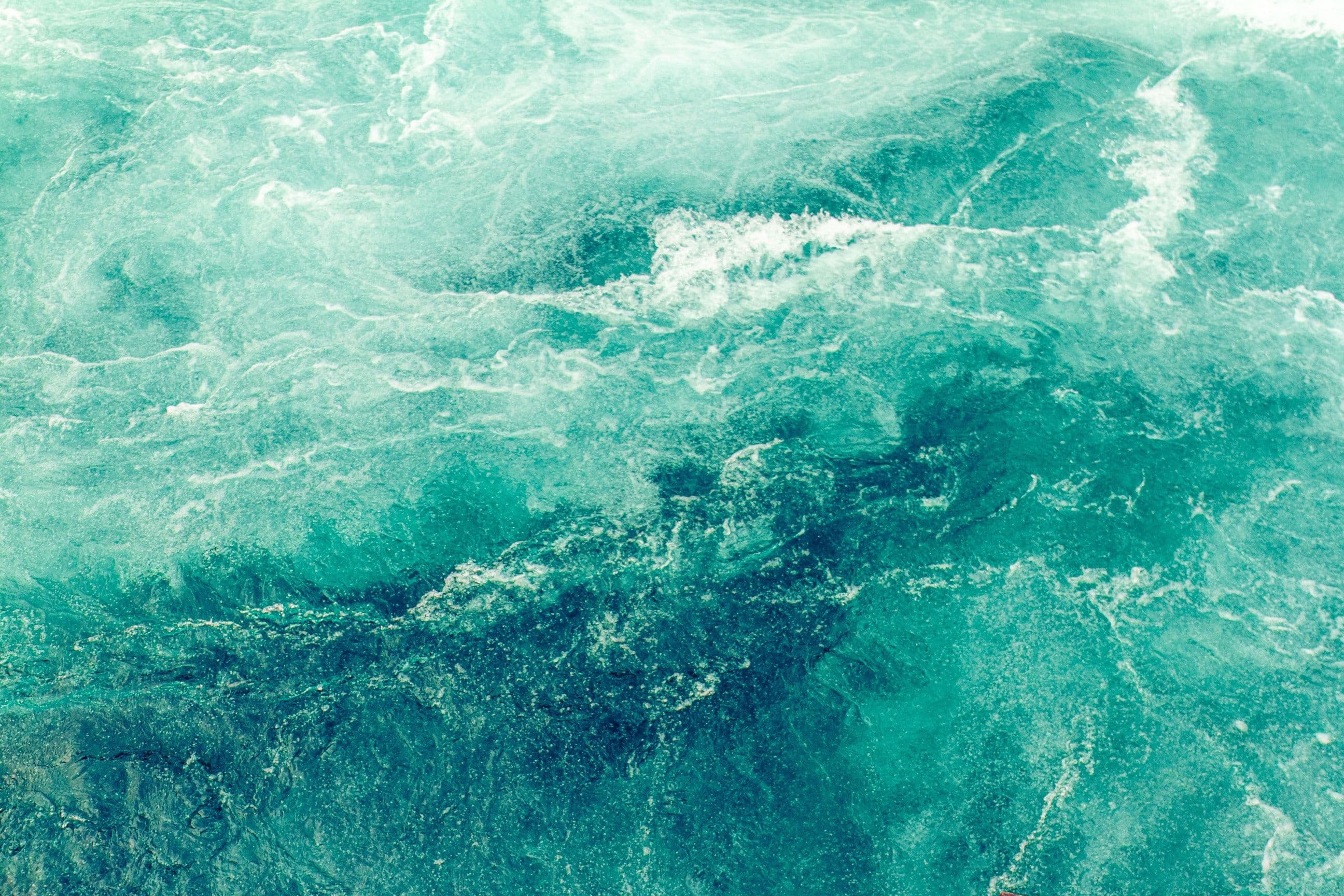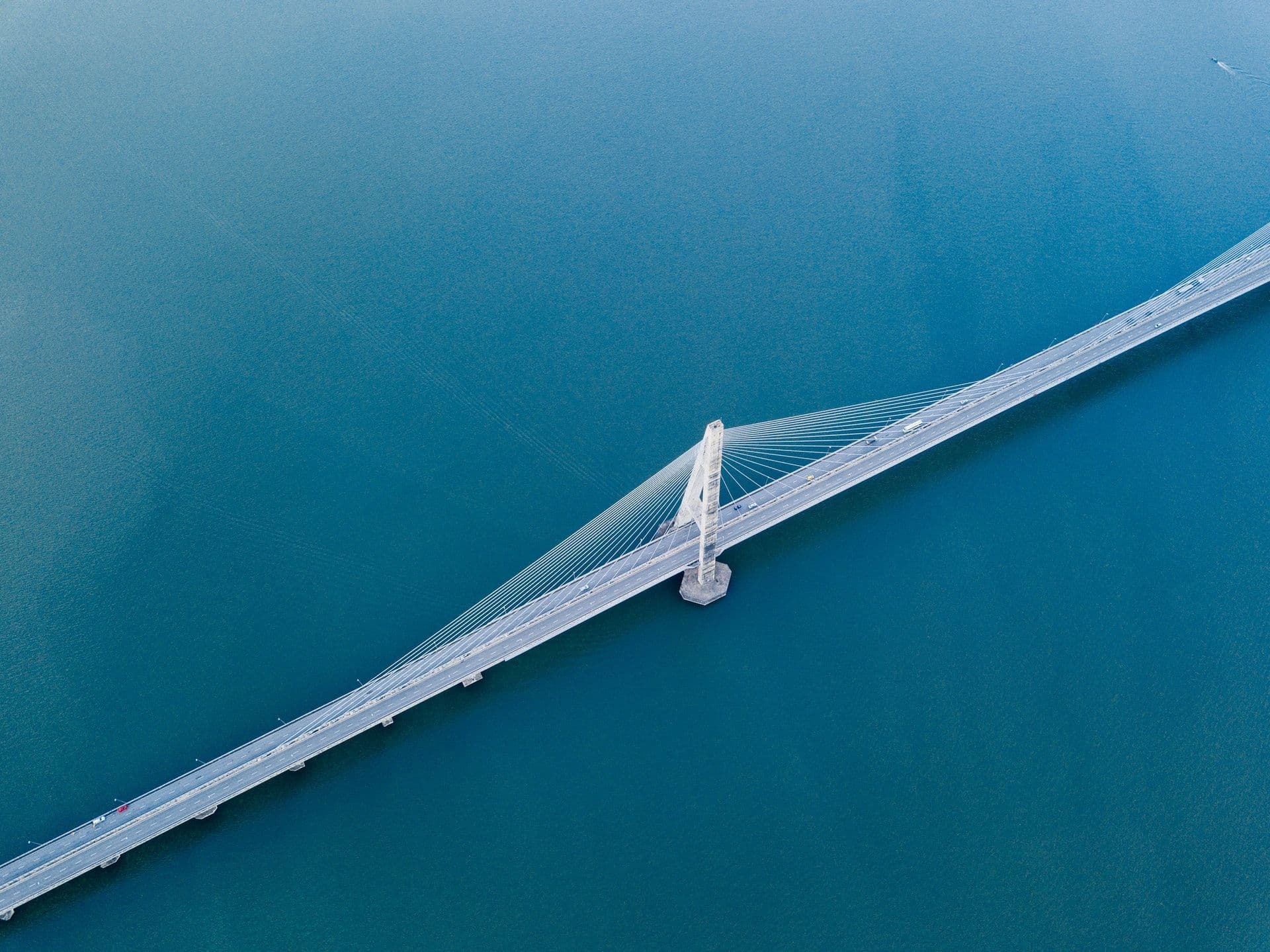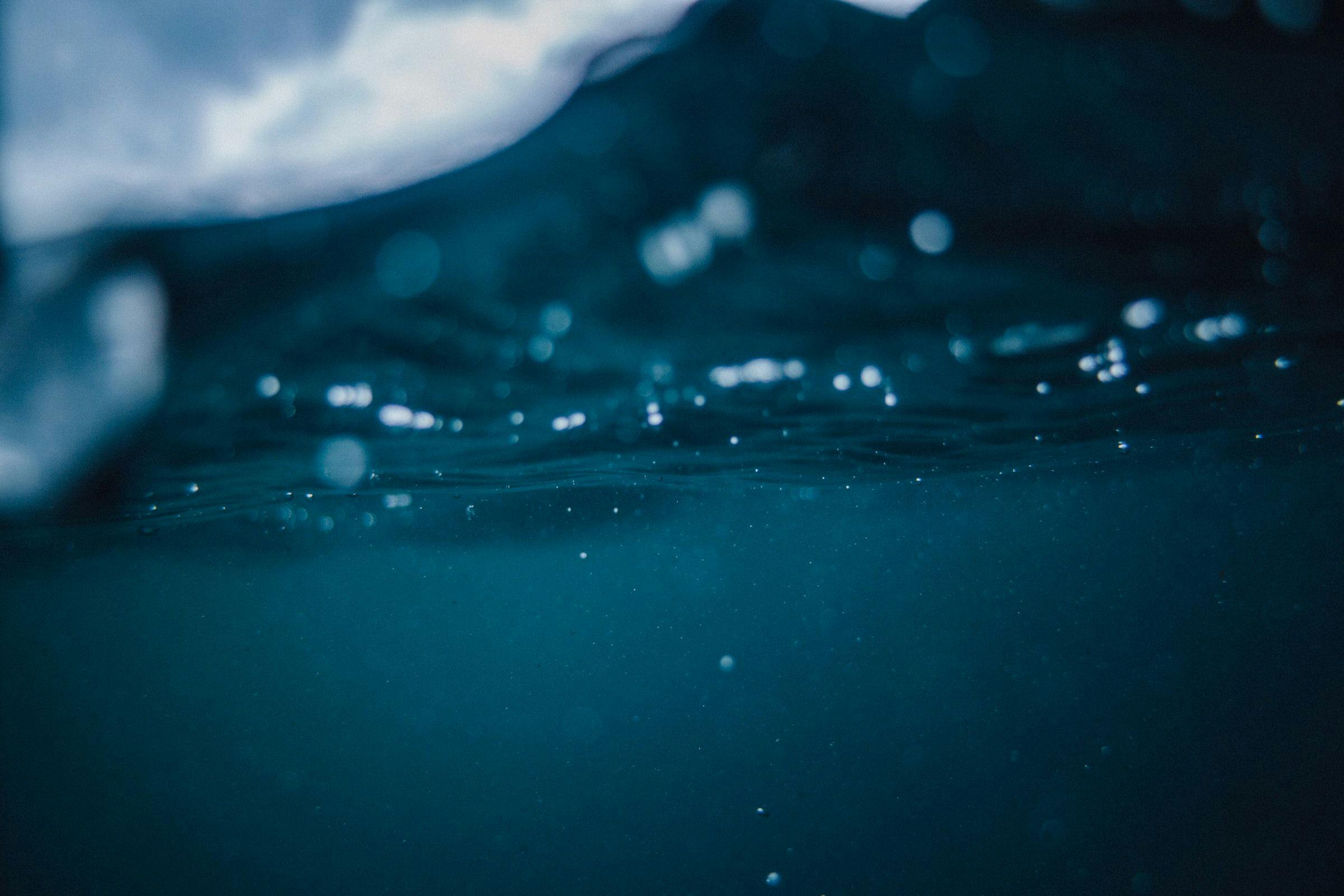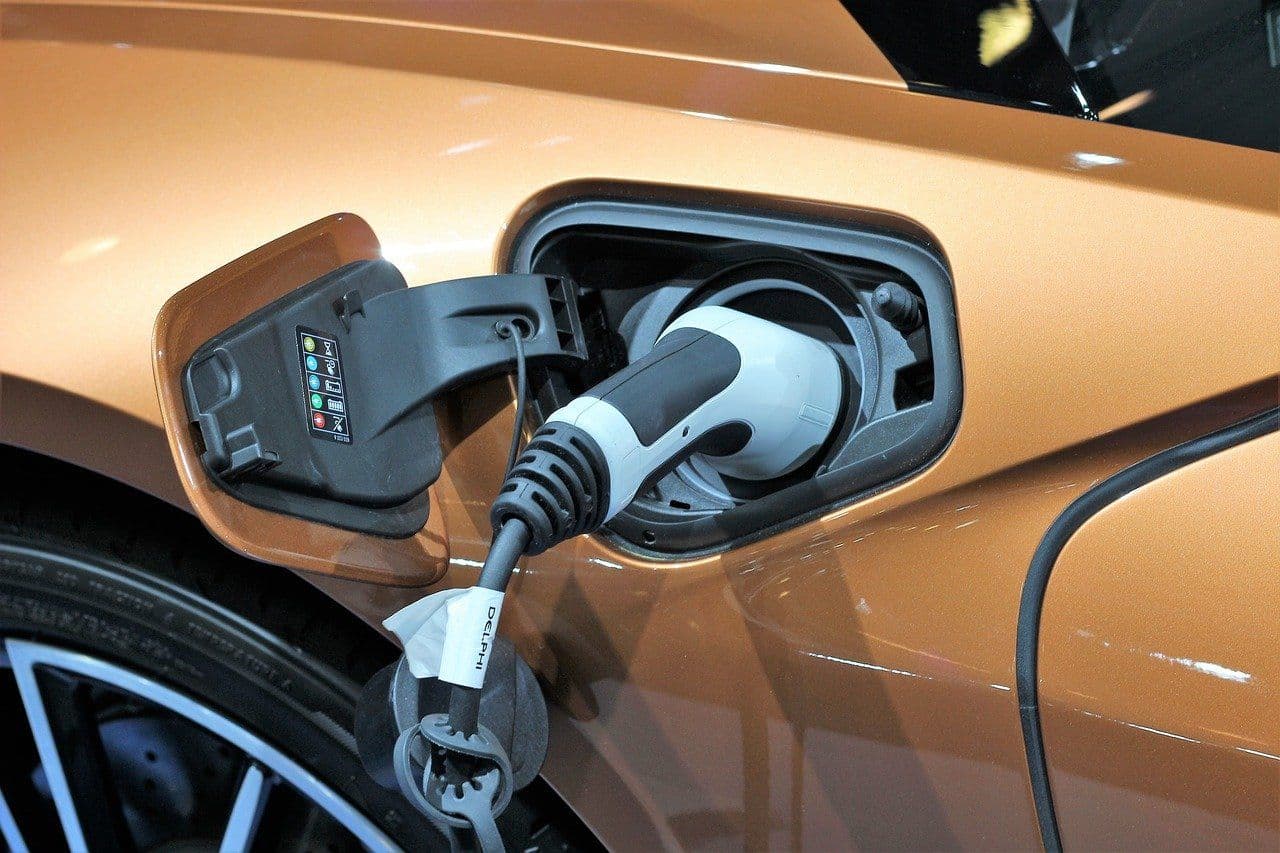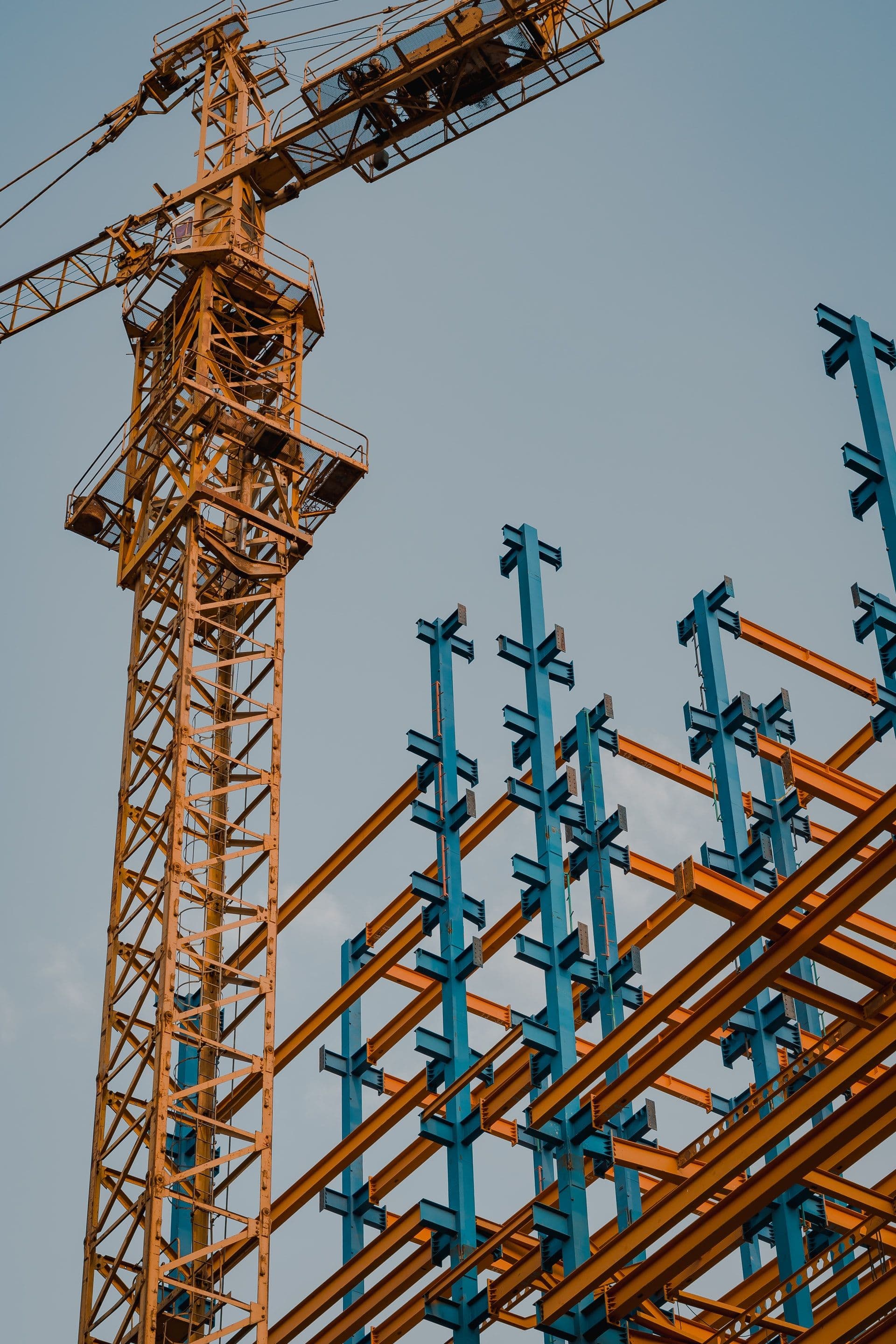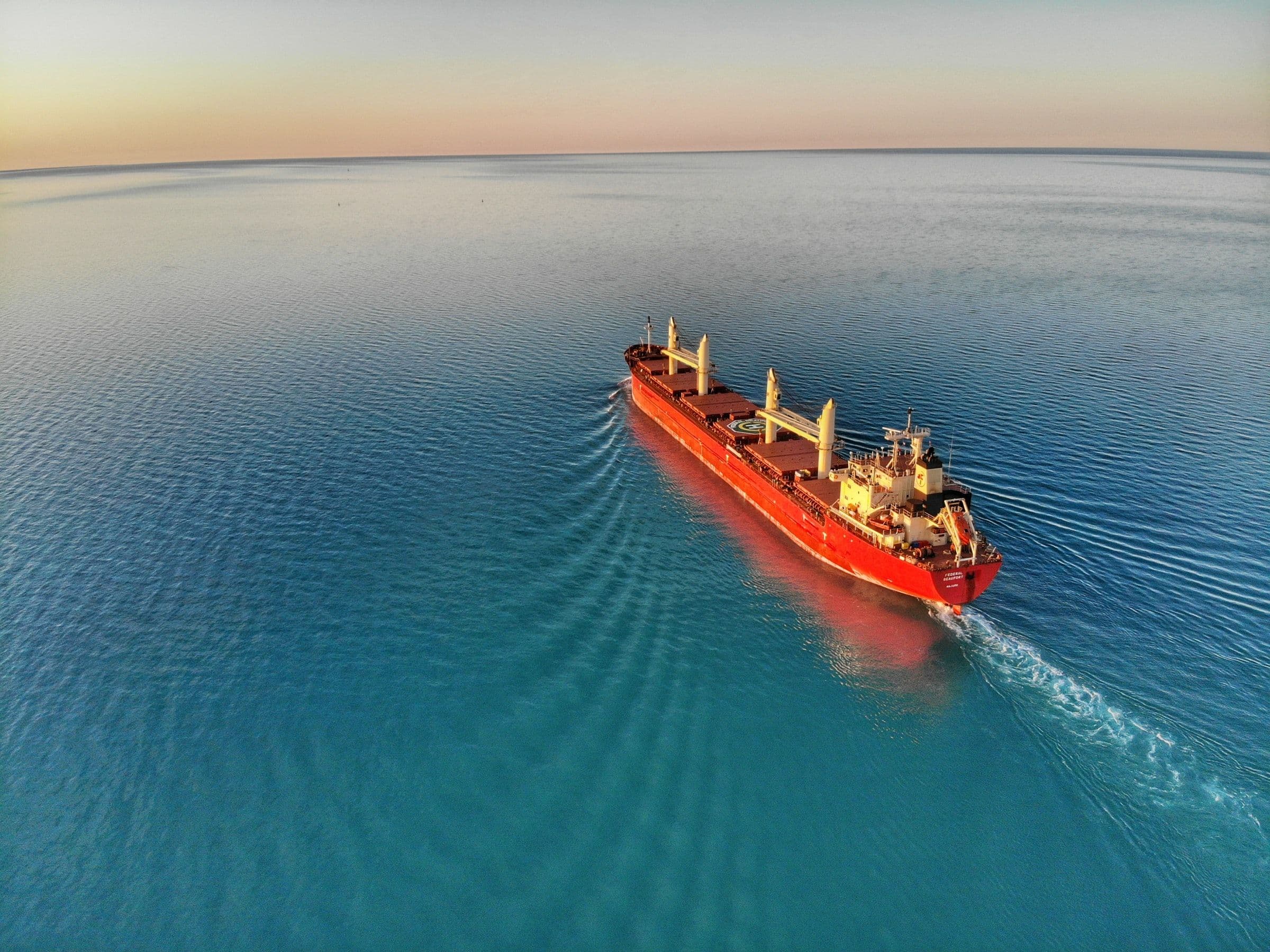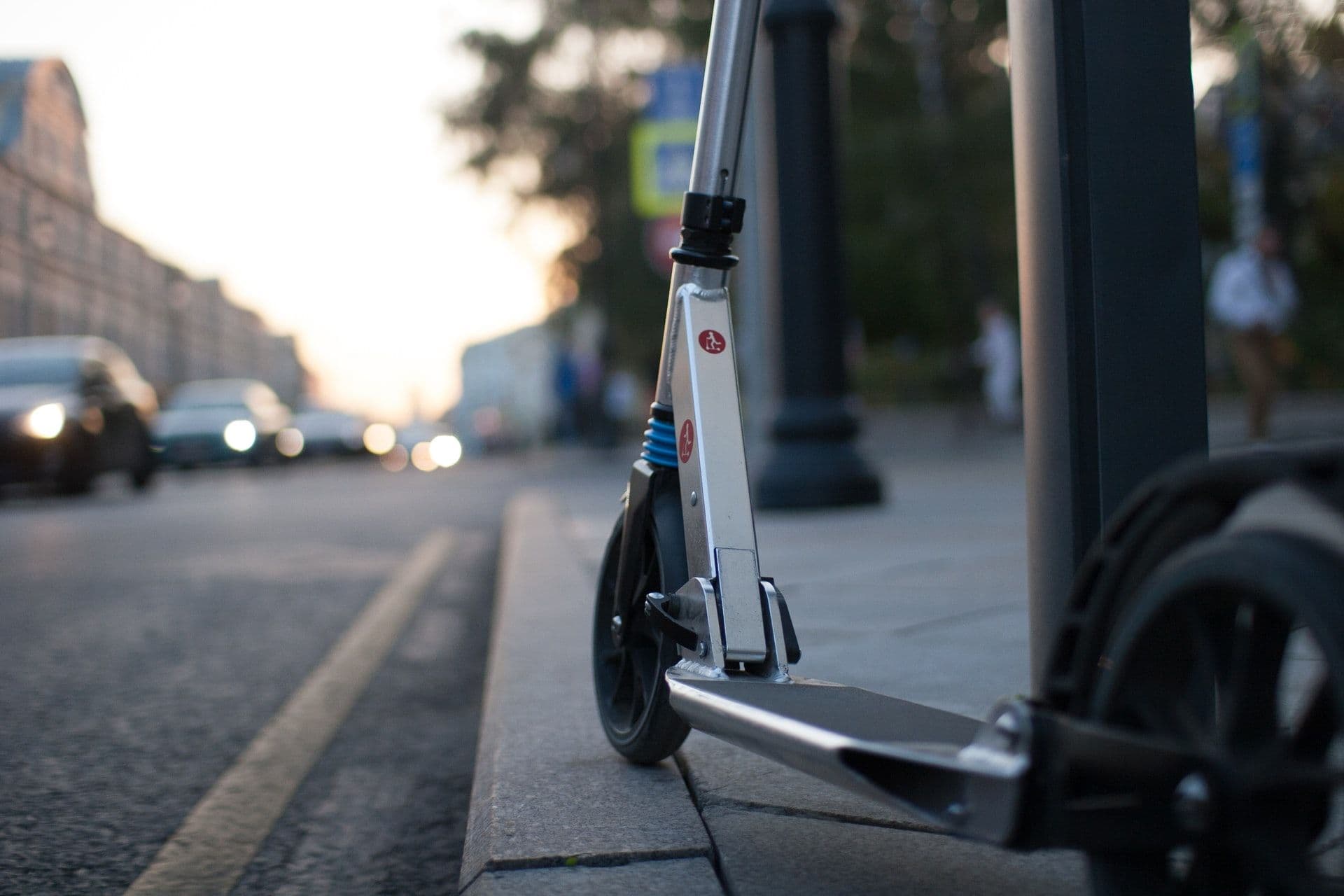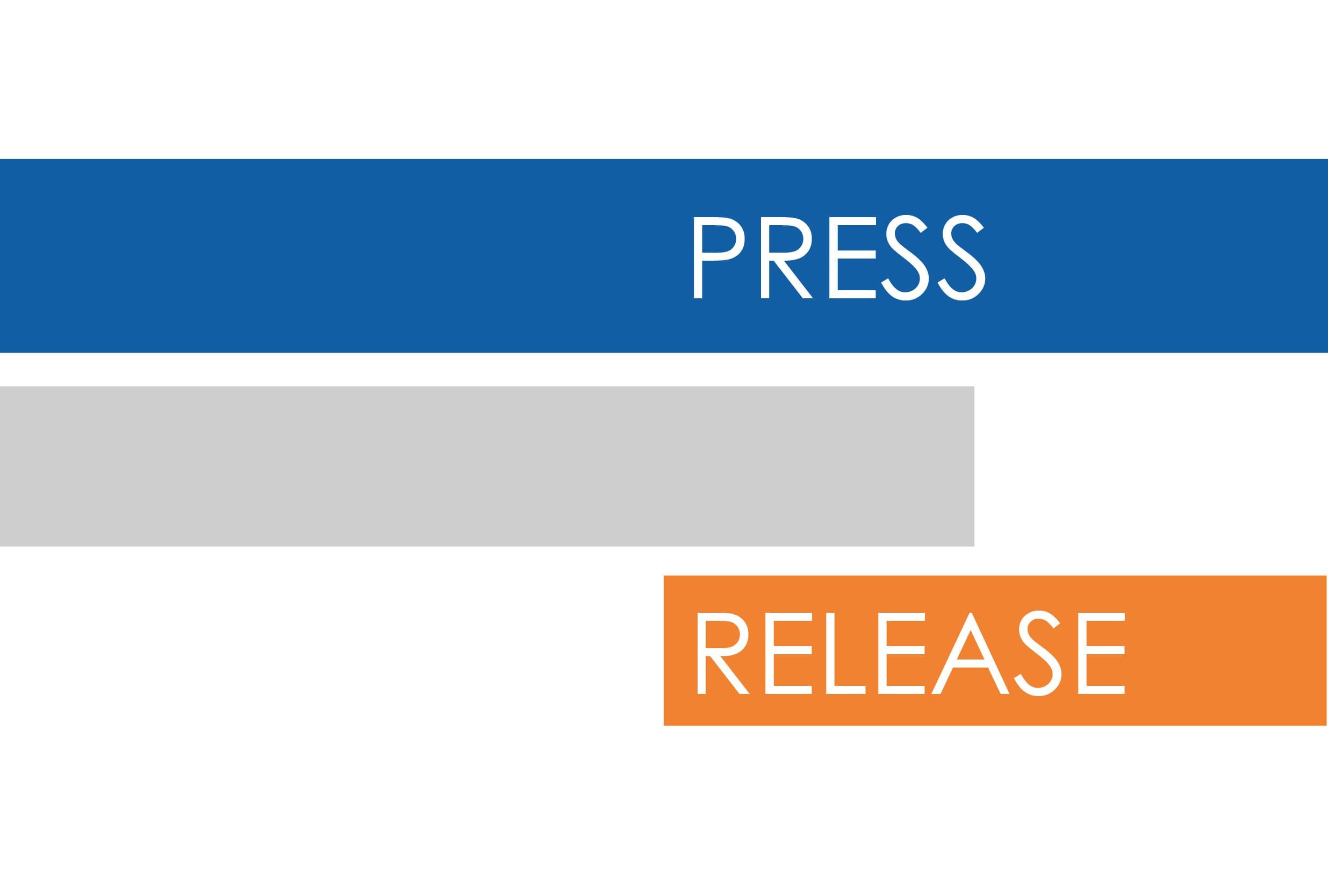Carbone 4 presents the Climate Risk Impact Screening - CRIS
Carbone 4 presents the Climate Risk Impact Screening - CRIS, a method for analyzing the physical risks of climate change for financial actors.
The development of CRIS was made possible thanks to the support of the AFD, Caisse des Dépôts, FRR, Natixis et Mirova, CCR, CDG Capital, ERAFP, EDF, and BNP Paribas. A high-level scientific committee supported its development. The year 2017 was marked by increasingly intense extreme weather events, such as the hurricanes Harvey, Irma and Maria, as well as by severe droughts in Europe, California, Canada and a deadly monsoon in Asia. This climate change destabilizes economic activities and translates into increasing risks of financial instability. The regulatory environment is therefore becoming more demanding, following the TCFD conclusions or the Article 173. The CRIS method is intended to respond to the emerging demand for information on the potential impacts of climate change on financial assets. CRIS aims to provide physical risk indices at the issuer and portfolio level based on 7 direct and 9 indirect climate hazards, 60 sectoral vulnerability profiles and 210 sovereign vulnerability profiles. The method is applicable to multi-asset investment portfolios (stocks and corporate bonds, infrastructure and sovereign bonds). One year since the launching of the development of this method, Carbone 4 is now in a position to present its first results. With an average warming scenario of 4°C at the end of the century and taking into account the 7 direct climate hazards of the CRIS method, the countries most at risk account for 11% of the world economy. Mainly located in Asia, the Pacific and the Indian Ocean, they are exposed and vulnerable to the intensification of flooding, sea level rise and storms. On the business side, on the basis of an initial sample of 308 companies, 19% of multinational companies are assessed at high-risk. The sectors most exposed are industry (production of consumer goods, especially electronic goods), utilities (electricity and water), the chemical industry, the agri-food sector and transportation (especially airports, ports) due to the many elements of vulnerability along their value chain (exposed production assets, dependency on vulnerable supplies, etc.). The location of their production activities is an important differentiating factor. A methodological guide is available at http://www.crisforfinance.com. With the publication of CRIS, Carbone 4 and all of its sponsors intend to help the financial world make progress on these key issues. Carbone 4 is also launching a new product called CRIS, which can provide detailed analyses for many financial assets and for which an operational version will be made available at the end of 2017. With both the CRIS service and the Carbon Impact Analytics tool, which deals with transition risks, Carbone 4 now offers investors the first full-range climate risk analysis service.
For Carbone 4 founding partners, Alain Grandjean and Jean-Marc Jancovici, "with CRIS, we are taking a new step forward in the operational consideration of climate risks for the financial world, which is now capable of providing a high level response to the Article 173".
Press contact
Dorothée Coloby Tel: +33 (0)1 76 21 10 00 dorothee.coloby@carbone4.com
About Carbone 4
Founded by Alain Grandjean and Jean-Marc Jancovici, Carbone 4 is a consulting firm specialized in climate change and the energy transition, accompanying public and private economic players thanks to its expertise.
Contact us
Contact us about any question you have about Carbone 4, or for a request for specific assistance.
